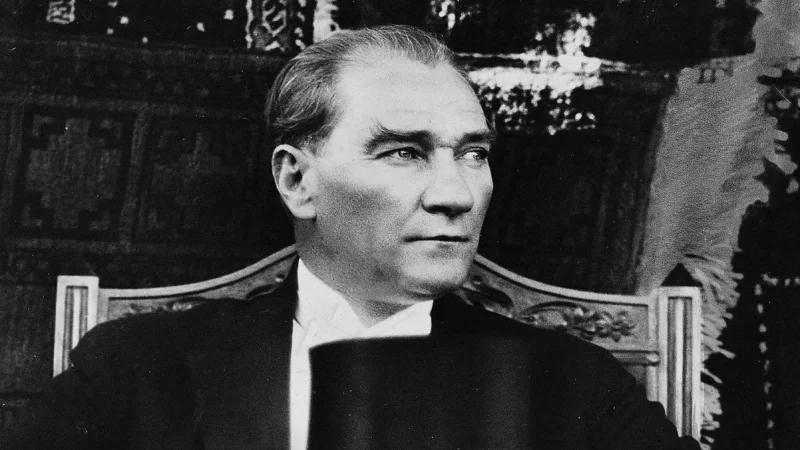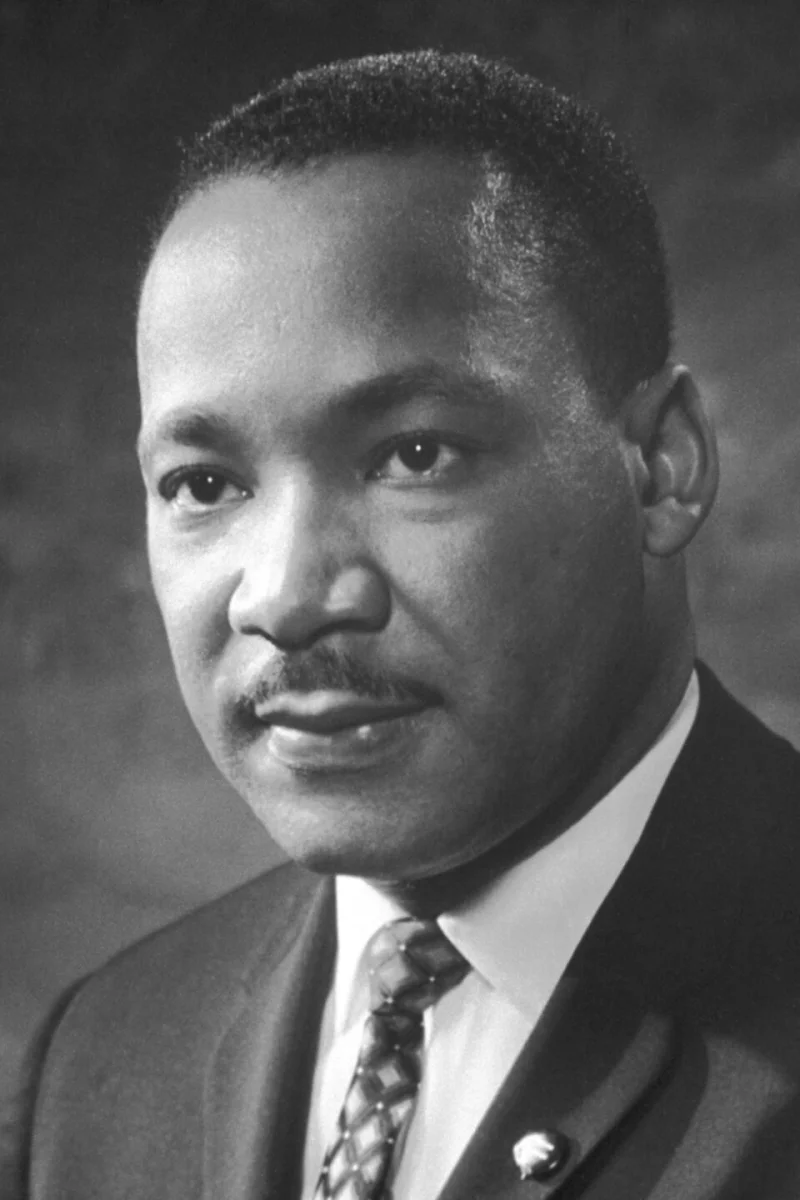Short Summary
Mustafa Kemal Atatürk was a prominent Turkish leader known for founding the Republic of Turkey and serving as its first President from 1923 to 1938. He is celebrated for implementing sweeping political, economic, and cultural reforms that transformed Turkey into a modern, secular nation-state. His efforts in promoting secularism, nationalism, and modernization have left a lasting legacy, making him a pivotal figure in Turkish history and a symbol of progress and reform.
Early Life & Education
Born on May 19, 1881, in Salonica (now Thessaloniki, Greece), Mustafa Kemal was the son of Ali Rıza Efendi, a minor official, and Zübeyde Hanım. He grew up in a time of political turmoil in the waning days of the Ottoman Empire. His early education began at a local religious school, but he soon transferred to a secular school, where he excelled. He later attended the Monastir Military High School and then the Ottoman Military Academy in Istanbul, where he graduated as a staff captain in 1905. His military background and exposure to Western ideas profoundly influenced his vision for a modern Turkey.
Career Highlights
Mustafa Kemal's military career began during the Italo-Turkish War and the Balkan Wars, where he established himself as a competent leader. His strategic brilliance shone during World War I, particularly in the Gallipoli Campaign, earning him national fame. After the war, he led the Turkish National Movement in the Turkish War of Independence, successfully securing sovereignty for Turkey. In 1923, he became the first President of the newly established Republic of Turkey, a position he held until his death in 1938. During his presidency, he implemented extensive reforms to modernize Turkey.
Major Achievements
- - Established the Republic of Turkey, transforming it from an Ottoman Empire remnant into a modern nation-state.
- - Implemented secular reforms, including the separation of religion and state, and the adoption of a new legal system.
- - Introduced the Latin alphabet, replacing Arabic script, to increase literacy and modernize education.
- - Promoted women's rights, granting women the right to vote and be elected to public office.
- - Fostered economic development through industrialization and state-driven economic policies.
Famous Quotes
- "Peace at Home, Peace in the World."
- "Sovereignty unconditionally belongs to the people."
- "Victory is for those who can say 'Victory is mine.' Success is for those who can begin saying 'I will succeed' and say 'I have succeeded' in the end."
Interesting Facts
- Atatürk was given his surname, which means "Father of the Turks," by a national assembly decree in 1934.
- He abolished the Sultanate and the Caliphate, key institutions of the Ottoman Empire.
- He was a polyglot, fluent in Turkish, French, and German.
- He was an advocate for the arts, establishing the State Conservatory and encouraging music and theater.
- His mausoleum, Anıtkabir, is a significant cultural and historical monument in Turkey.
Legacy / Influence
Atatürk's influence on Turkey is profound, as he laid the foundation for a secular and modern nation. His reforms in education, law, and women's rights have continued to shape Turkish society. Internationally, he is recognized as a pioneer of secularism in a predominantly Muslim country. His vision for Turkey as a progressive and independent nation remains a guiding principle for many Turkish citizens and political leaders.
FAQ
Q: Why is Mustafa Kemal Atatürk famous?
A: He is famous for founding the Republic of Turkey and implementing extensive reforms that modernized the country.
Q: What were Atatürk's major reforms?
A: His major reforms included establishing a secular state, adopting the Latin alphabet, and promoting women's rights.
Q: What is Atatürk's legacy?
A: His legacy is a modern, secular Turkey and a vision of progress and independence that continues to influence the nation.









